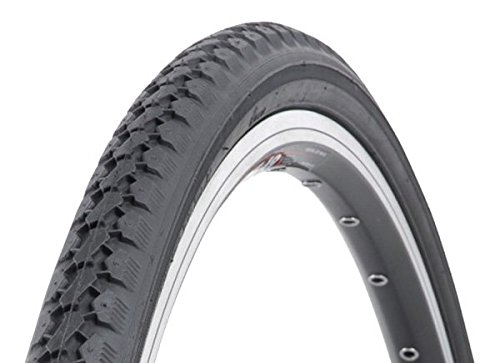A friend on bikeforums posted a public question: Why those particular bikes? In other words, what led to your selection of the bikes you have. Here is my answer.
1982 McLean
I call this my pride and joy, since it is so beautiful in every way, the ride, the workmanship, and the look. I bought it used at about a year old in 1983. I've had it longer than any of my other bikes. I originally equipped it with nearly all Campagnolo Nuovo Record components except for Super Record Cranks. I built the wheels myself, using Ambrosio Elite rims. This is a general purpose road racing bike, though I did take it on a four-night tour once with no difficulty. It offers capable handling at high speed. In about 1991, I had Peter Weigle repaint it and fit it with various brazed-on mounts. In recent years, I've replaced nearly everything with a Shimano 3x9 drivetrain. The bike is disappointingly heavy, though that doesn't detract from my enjoyment. Since the original owner told me he got it at a trade show, I wonder if the builder went cheap on tubes just to make a display frameset. The builder died at age 29, making my frameset a collector's item.
1974 Raleigh International
I had heard a lot about this frameset, so I wanted one badly. I waited until I could find one at a good price. I've built it as an all-purpose bike without much mind towards æsthetics. It has a 3x10 drivetrain, mustache handlebars, dynamo-powered lighting, and a front rack. I've commuted on it, taken fun rides on it, and I could do overnight tours on it. It's everything I had hoped it would be. I have 32mm tires on it, and I hope I can keep them when I eventually put fenders on it.
1971 Raleigh Super Course
I picked this out of the trash on bulk pickup day! I've rebuilt it many times. I consider it my testbed bike. The finish on the frameset is a shambles, and I'll probably remedy that one day. I've toured on it, commuted on it, shopped on it, and taken fun rides. It's not super light, but it climbs great for some reason. I'm about to rebuild it with a modern drivetrain. Lately, I ride gravel carriage roads on it. I built the current wheels way back in 1983. Often when I ride this bike, I tell myself that it's my favorite. It was never an expensive bike, but it rides almost better than it deserves to.
1994 Lemond RS titanium
This is a go-fast bike if ever there was one. Weight is 20 pounds or maybe a hair under. The lightness encourages me to pedal hard, and if it isn't much more energy efficient than my other bikes, my times on it are still very low because riding it hard is so rewarding. I built the wheels myself and aimed to keep them fairly light without being too expensive. I have 23 or 25 mm tires on it. I'm pretty sure it can't take wider tires.
1971 Raleigh Pro Track
I was racing at Kissena Velodrome in the summer of 2014. I already had a track racing bike, but when this came around, I couldn't resist. The difference in handling between the previous bike, a Leader, and the Raleigh, is pronounced. Clearly, Raleigh knew what they were doing.
1962 Rudge Sports
I've always had an affection for English three-speeds, and it is strongest for the Rudge. I got this, along with a lady's Robin Hood, at an estate sale. I paid a mere $30 for the pair of bikes. I don't like to ride this bike any distance, but it always puts a smile on my face.
2002 Burley Zydeco tandem
A friend offered this to me at a very low price. It's far from a performance bike, but the wide tires and upright handlebars are probably an advantage for me. I had difficulty managing a tandem bike in the first place, and when the bike has drop handlebars, I'm on the verge of dropping the bike, so this might be the perfect tandem for my wife and me. We've been riding it for about three years now and are still getting the hang of it. The longest we've ridden it in a day is 36 miles on a flat rail trail. I hope to take it further, eventually, especially on overnight tours. My idea behind a tandem is, having more stamina on a bike than my wife does, we can go longer distances than she can on a single bike. That hasn't come true yet, but I hold out hope that practice will get us there.
1975 Viscount
When I was a teenager, I wanted a Viscount. They were light bikes at the time. The marketing hype had me see them as fancier than they really were. A friend offered this to me. I lightened further it by removing the rear brake and derailleur drivetrain. First, I used a three-speed fixed gear hub, as a fun experiment. I didn't like that, so I replaced it with a traditional fixed gear hub. The bike weighs about 23 pounds. It's fun to bop around town on this thing. Riding fixed gear isn't a way of life for me as it is for some, but I enjoy it from time to time.
1973 Raleigh Twenty
This is a popular project bike. It's my second Twenty. I still don't enjoy riding it, so I'll sell it.
1996 Bianchi Volpe
I bought this used to reap the components off it, but a friend convinced me to keep it, expecting I would like it. I do like it, and I equipped it to be a do-everything bike, with rack, fenders, and dynamo lights. I'll be selling it now, as I prefer my International, which is also lighter.










